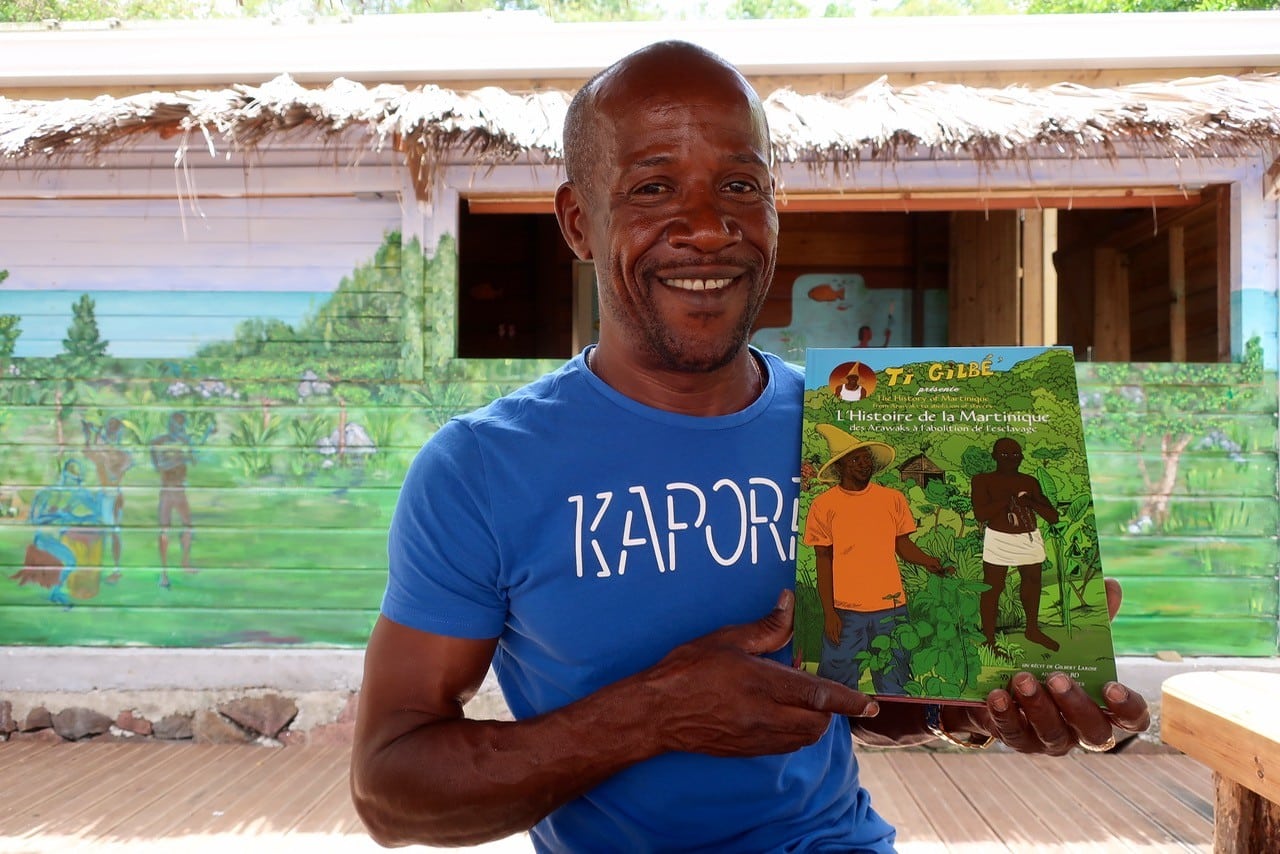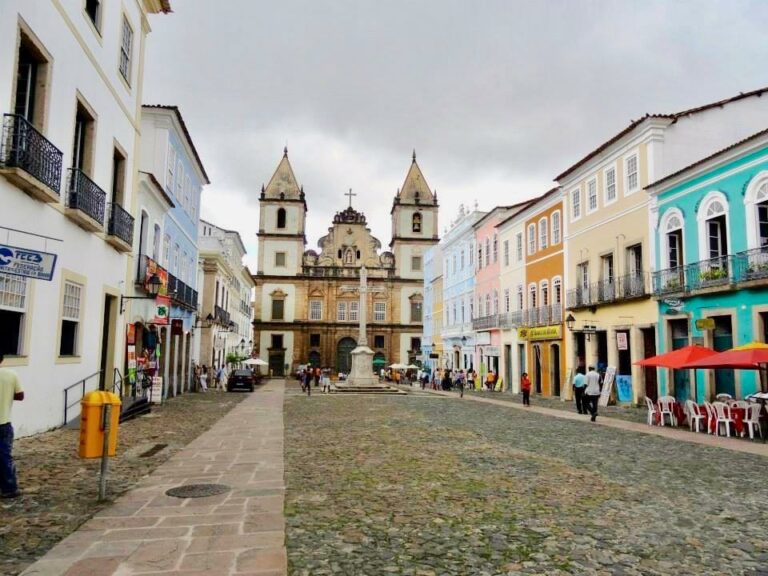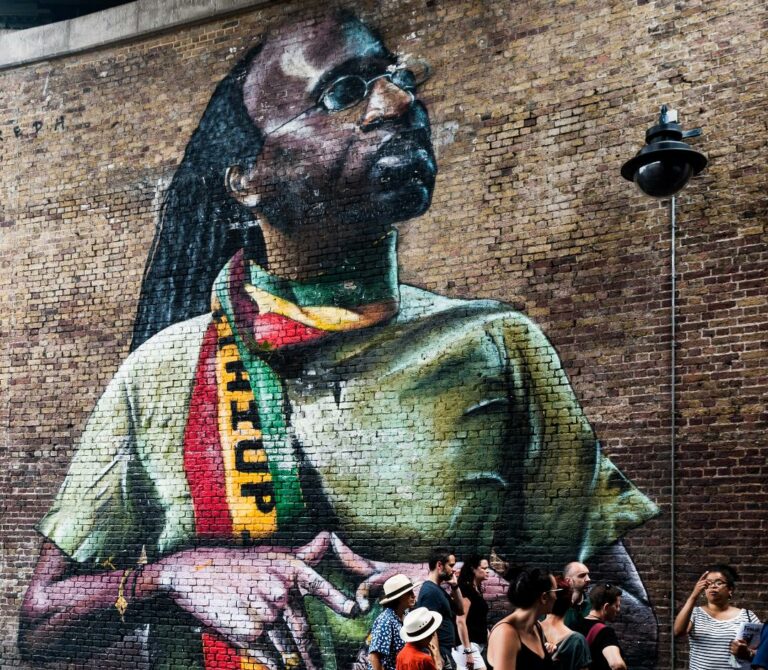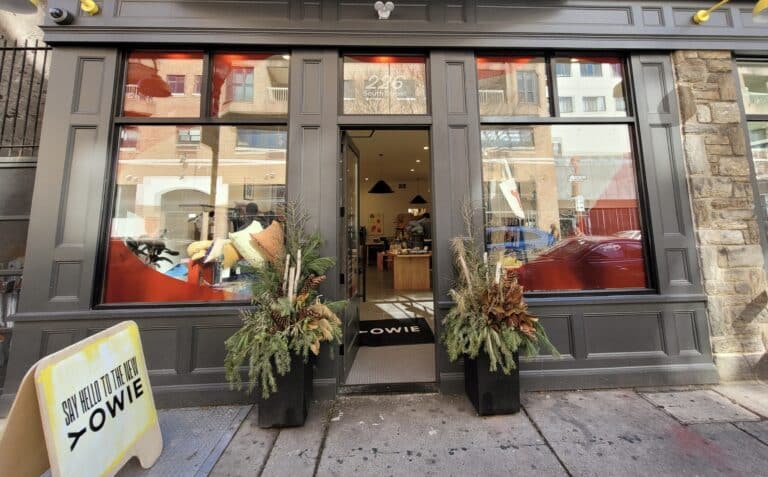|
Getting your Trinity Audio player ready...
|
The French Caribbean island of Martinique sits just north of the sovereign island of St. Lucia in the Caribbean Sea. Best known for its laidback European-style fishing villages, black and white sand beaches and the bustling capital of France-de-Fort, Martinique also has a long dark history.
The Dutch, English, Portuguese and French fought over the island before total control was traded to France in 1815. When sugar prices rose, sugarcane was established as the main crop and slaves were brought over from Africa to work in the fields.
In fact, during its peak, 16% of Martinique’s population was African, as the slave population rose to 60,000 by 1736. It was ultimately the French government that abolished slavery in 1848.
Unfortunately, a lot of that history is buried in complicated history books and often doesn’t reflect the everyday struggles of the people today.
Learning From the Past
Gilbert Larose, a descendant of slaves, took it upon himself to educate people about the history of slavery on the island. Remembering stories passed down by his forefathers, reading historical documents, and traveling to West Africa, he put his research together to recreate the slave village, La Savane des Esclaves (The Savannah of the Slaves).
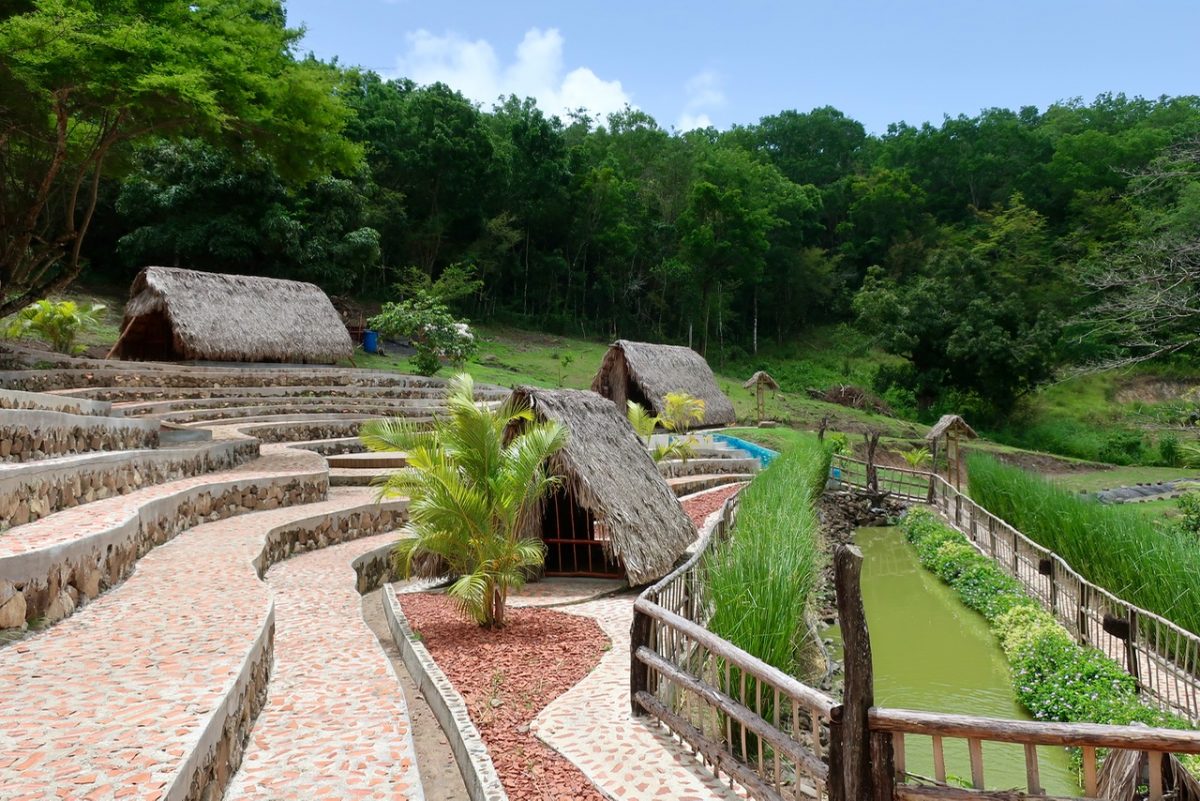
Larose started building the small open-air village museum in 1999 on a two-hectare of land in the forest near the town of Les Trois-Ilets. He worked from sunrise to sunset cutting trees to clear the land. Piece by piece, he assembled each clay floor, cane leaf roof and medicinal garden to recreate the traditional huts and houses from the 1800s.
Fruits, vegetables and herbs were planted around the homes to show how the dwellers used the land for survival. Paintings of their struggles, mahogany wooden sculptures, original photographs, and tools used for torture were later added to the ‘Memories of Our Ancestors” exhibit.
- 10 UNESCO Sites Every Black Traveler Should Consider Visiting
- Trace Black History, Food and Culture in London
Larose calls his place, “The Antan Lontan Village” and sheds light not just on the history, but on the culture and art of the island as well. He meets groups on a large deck with dried palm leaves tiki and a mural of the village scene where he makes fresh juices and hosts cooking demonstrations and food tastings.
Larose’s ancestors were Nèg’ Mawon or slaves who fled the plantations to live freely, relying entirely on the land. As Larose grew more fascinated with his past, a genetic test determined his ancestry to be 25% from Togo, 15% from Congo, 11% from South Africa, 12% from Nigeria, and 13% from the UK.
“I’m a mixed man. I am not White or Black. When you understand this, you are not racist anymore,” says Larose. Though still a part of France, Martinicans call themselves “crossbreeds” and don’t identify themselves with one race over another, my translator/guide Leslie Ferraty from Beyond the Beach explained to me.
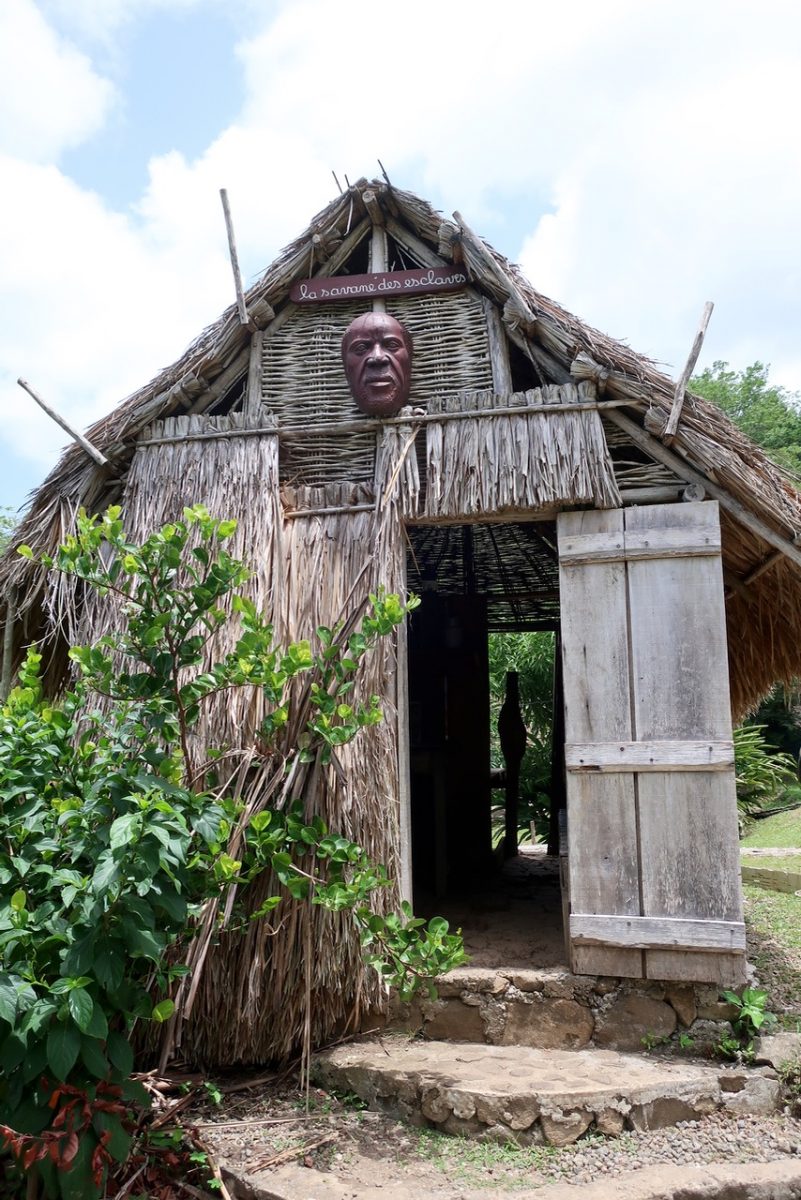
How La Savane des Esclaves is Connecting Generations
Larose also wants younger generations to learn about Martinique’s history, as told by a slave descendant, so he published a comic book, “Ti Gilbe Présente l’Histoire de la Martinique.” The French/ English book depicts the tales of the Arawaks, the Caribbean Indians, the French colonists, the Bretons, the Africans, and the Indians who came to live in Martinique from its earliest inhabited times through the abolition of slavery.
Larose says, “When you go to school, you learn French history. You don’t study the slave history in Martinique. I wanted kids to discover the real culture and history of the island.”
The book is written simply and is graphically intense with illustrations by Bordeaux-based Jojo Kourtex. It documents how the Carib men married Arawak women and how people from Brittany and Normandy were brought over as the first slaves, thus reminding readers of how far back mixed races have been around on the island.
RELATED: Champagne Marie Césaire Winemaker Blends Tradition with Heritage
As for Larose, he spends most of his waking hours in the village. Each year, he expands the site, adding signs in English and offering cultural programs. “I want Westerners as well as Martinicans to know about our past. This is the most important thing to me.”
For more information or to look at booking a tour at La La Savane des Esclave, visit the website . You can also connect with Larose on Facebook.

